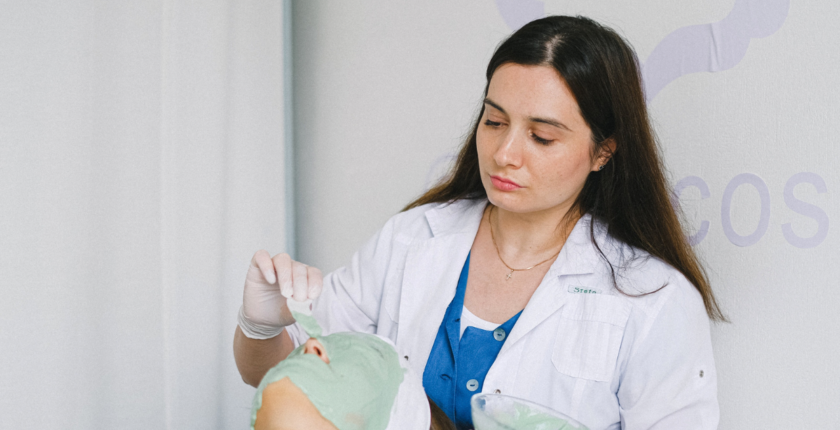The Challenges of Being a Facial Therapist
Facial therapists are the backbone of the skincare realm, offering expertise, personalized care, and a touch of artistry. However, behind the serene facades and glowing treatments lie challenges unique to this profession. This exploration delves into the hurdles faced by facial therapists, highlighting the complexities of their roles and the demands of the skincare industry.
1. Physical Demands
Performing facials and skincare treatments is a physically demanding task. Therapists spend long hours on their feet, executing precise movements and applying consistent pressure during treatments. This continuous physical exertion can lead to fatigue and strain, requiring therapists to prioritize self-care and ergonomics.
2. Client Expectations
Navigating varied client expectations while ensuring exceptional service poses a significant challenge. Each client comes with distinct skincare concerns, preferences, and desired outcomes. Meeting these expectations while adhering to professional standards demands adaptability and effective communication skills.
3. Continuous Education and Keeping Up with Trends
The skincare industry is in a perpetual state of evolution. Staying updated with emerging technologies, innovative treatments, and evolving skincare trends is essential. This demands continual education, attending workshops, and investing time and resources to stay abreast of industry advancements.
4. Handling Skin Sensitivities and Reactions
Facial therapists encounter diverse skin types and sensitivities. Addressing skin reactions or allergies to products used during treatments requires immediate troubleshooting. Managing unexpected skin responses with calmness and expertise is pivotal in maintaining client trust and safety.
5. Business and Entrepreneurial Challenges
For independent facial therapists or those running their skincare businesses, challenges extend beyond treatments. Managing administrative tasks, marketing efforts, client bookings, and maintaining a sustainable business model requires multifaceted skills beyond skincare expertise.
6. Emotional Energy and Client Relationships
Building and nurturing client relationships is a fundamental aspect of the profession. However, managing clients’ emotional needs, insecurities, or dissatisfaction with results can be emotionally draining. Balancing empathy with professional boundaries becomes crucial.
Overcoming Challenges: Strategies and Coping Mechanisms
- Continuous Learning: Embracing lifelong learning ensures staying updated with industry changes and enhances professional competency.
- Self-Care Practices: Prioritizing physical and mental well-being through self-care rituals, exercise, and stress-relief techniques is essential.
- Networking and Support: Engaging with peers, mentorship, and seeking support from professional communities help in sharing experiences and gaining insights.
- Time Management: Efficiently managing schedules and setting boundaries to maintain a healthy work-life balance is crucial for sustained success.
Conclusion
Facial therapists navigate a myriad of challenges within the skincare profession. Despite the hurdles, their commitment to delivering impeccable skincare services remains unwavering. By embracing continuous learning, prioritizing self-care, and honing multifaceted skills, these professionals triumph over challenges, ensuring they provide exceptional care while elevating the skincare experience.


